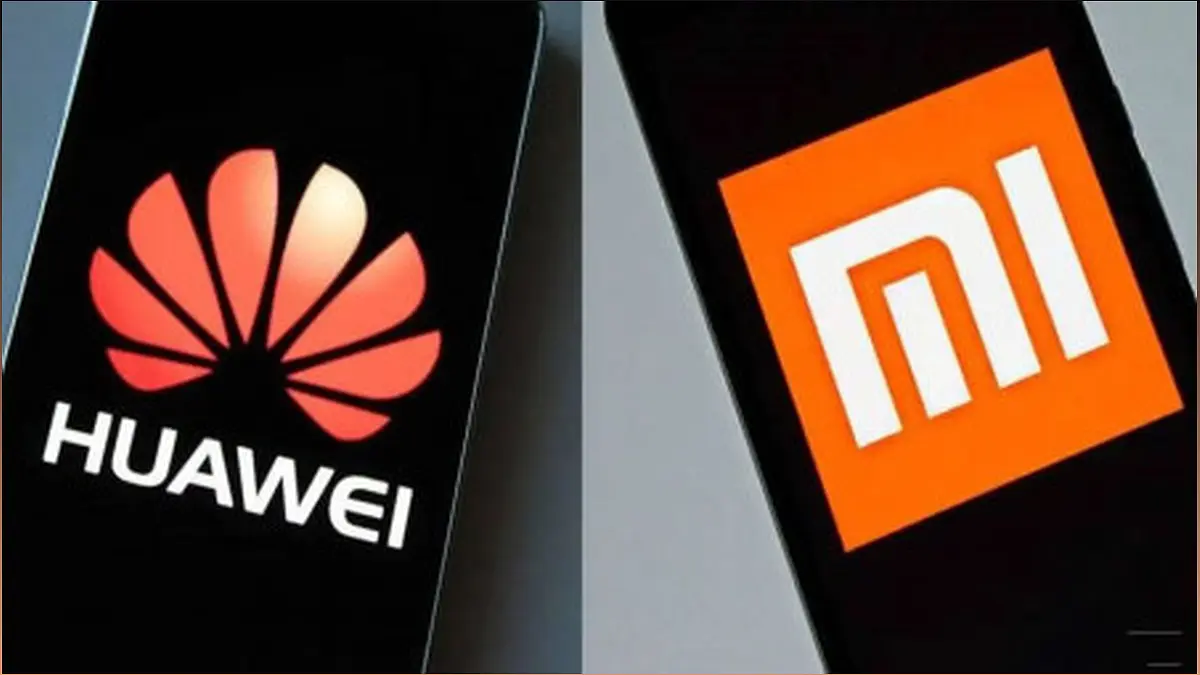Two of China's biggest smartphone manufacturers, Huawei and Xiaomi, have made their foray into the Chinese electric vehicle (EV) market. This move could serve as a valuable guide for Apple if they decide to enter the global race in the future. In this article, we will explore the success of Huawei and Xiaomi in the EV market, their unique business models, and how their approach differs from traditional automakers. Let's delve into the world of Chinese smartphone brands venturing into the realm of electric vehicles.
Huawei's Success in the Chinese EV Market
Explore how Huawei is making waves in the Chinese electric vehicle market and its unique approach.
Huawei, one of China's largest smartphone manufacturers, has entered the Chinese electric vehicle market with great success. Within the first 50 days of launching its Aito M7 SUV, Huawei received orders for 80,000 units. This early momentum continued with the release of the Avatr 12 luxury coupe and Luxeed S7 sedan. Although Huawei's sales trail behind BYD and Tesla, its focus on specialized automotive technologies positions it as a developer and supplier in the EV market.
With a wide range of products beyond smartphones, Huawei differentiates itself from traditional automakers. By outsourcing manufacturing and focusing on creating platforms and ecosystems, Huawei aims to connect devices and provide a seamless user experience. This approach aligns with the changing preferences of modern consumers who prioritize features like a big cockpit screen, wireless phone charging, and connectivity.
Xiaomi's Entry into the EV Market
Discover how Xiaomi is preparing to make its mark in the electric vehicle industry and its strategic approach.
Xiaomi, another major smartphone manufacturer in China, is gearing up to enter the electric vehicle market. The company has developed an operating system for cars and recently received preliminary roadworthiness approval from Chinese authorities. Xiaomi's strategy involves partnering with BAIC Motor Corp to initially build its cars, allowing them to leverage the expertise of an established automaker.
Similar to Huawei, Xiaomi's business model extends beyond smartphones. By focusing on creating a seamless ecosystem and connecting devices, Xiaomi aims to provide a holistic user experience. This approach aligns with the changing demands of consumers who prioritize features like connectivity and advanced technology in their vehicles.
Different Business Models: Huawei and Xiaomi vs. BYD and Tesla
Compare the unique business models of Huawei and Xiaomi with traditional automakers like BYD and Tesla.
Huawei and Xiaomi differ from traditional automakers like BYD and Tesla in terms of their business models. While BYD and Tesla primarily focus on standalone cars and handle most of the production in-house, Huawei and Xiaomi offer a wider range of products beyond smartphones and outsource manufacturing to companies like Foxconn.
Additionally, Huawei and Xiaomi emphasize creating platforms and ecosystems to connect devices and share files, while BYD and Tesla have years of experience in developing and producing vehicles. The success of Huawei and Xiaomi in the EV market largely depends on their partnerships with third-party automakers for manufacturing, whereas BYD and Tesla have established themselves as full-fledged automakers.
Implications for Apple's Potential Entry into the EV Market
Explore how the success or failure of Huawei and Xiaomi in the EV market could impact Apple's potential entry.
As Huawei and Xiaomi make their mark in the Chinese electric vehicle market, their experiences could serve as a guide for Apple if they decide to enter the global race in the future. While Apple is expected to take at least five years to launch an autonomous EV, they can learn from the strategies and challenges faced by their Chinese smartphone rivals.
Unlike traditional automakers, Huawei aims to act as a developer and supplier of specialized automotive technologies, such as operating systems and software. Xiaomi, on the other hand, is expected to follow a similar strategy by partnering with established automakers for initial production. Apple's expertise in managing supply chains and relations with contract manufacturers may give them the confidence to believe they can succeed in the EV market.

